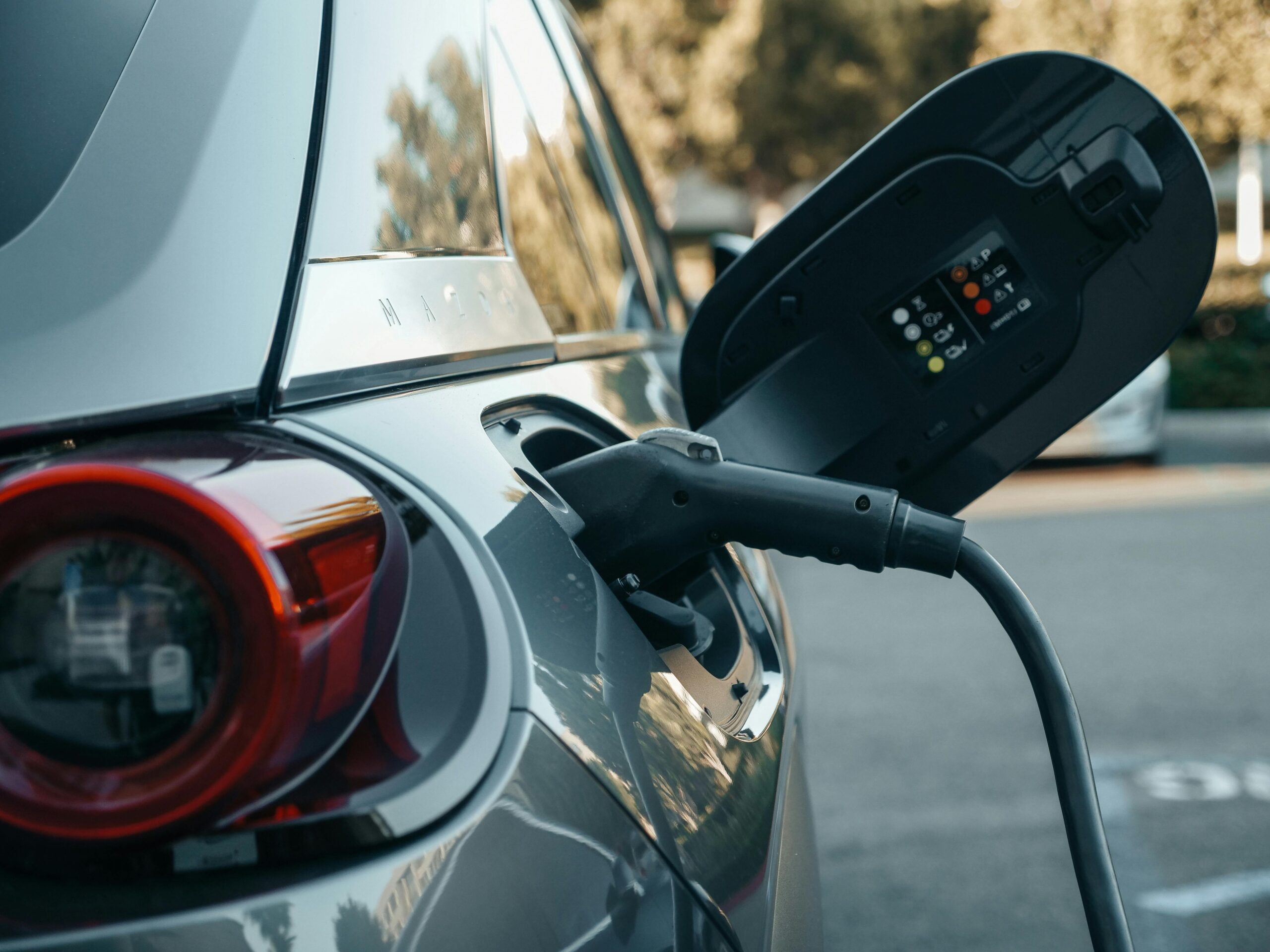In the world of African startups, Nigeria has always been the loudest voice in the room. But in Q2 2025, it barely whispered. According to Technext, Nigerian startups raised just $26 million in equity funding between April and June. That’s a small piece of the more than $300 million raised across Africa during the same period, as noted in CB Insights’ Q2 2025 State of Venture Report.. And yes, South Africa took the crown this quarter. It pulled in over three times what Nigeria did with the same number of startup deals. No noise. Just results.
So… what happened to Nigeria?
This is not just a bad quarter, it is a trend. Compared to the final quarter of 2024, when Nigeria attracted over $130 million, this quarter looks like a steep downhill slide. And it is not just a number on a chart. it signals investor hesitation and a cooling market.
Experts like Dapp Expert explain that many Nigerian founders are now leaning toward debt financing, as equity capital becomes harder to raise. Debt funding does not take a slice of the company, which makes it attractive for both cautious founders and careful investors. That shift might explain why we are seeing fewer big equity rounds in Nigeria, even though the ecosystem is still buzzing with early stage innovation.
Who got the money?
Most of Nigeria’s limited equity pie went to Arnergy, a solar energy company that raised $18 million in Series B funding. This is not surprising investors are clearly warming up to clean energy in Africa. A few other names made headlines with modest seed rounds, like Carrot in fintech, Cut Struct in construction tech, and Paid HR in workforce management. But even combined, they could not boost the country’s total past the $30M mark.
Meanwhile, in South Africa and Egypt, investors are writing bigger checks and placing confident bets on sectors like payments, logistics, and healthtech.
Is Nigeria still Africa’s startup darling?
Short answer? Not right now. Long answer? Nigeria still has the ideas, the talent, and the grit. But when it comes to attracting equity funding, it Is no longer the go-to destination. South Africa is gaining serious momentum. Egypt is quietly catching up. And both countries are doing it with fewer headlines and more structure.
So what does this mean for Nigerian founders? It means it’s time to rethink strategy. Explore blended financing. Double down on traction. Tell a stronger growth story. And if you’re not in clean energy or fintech, make sure your pitch is bulletproof.
Final thought, Nigeria is still very much in the game, but this quarter, it’s clear someone else is calling the shots. The question is not whether the money is gone. It is where it’s going next, and how Nigerian startups can stay ready.
Related: Crypto’s New Wave: 8 startups VCs are watching in 2025 (And why you should too)







